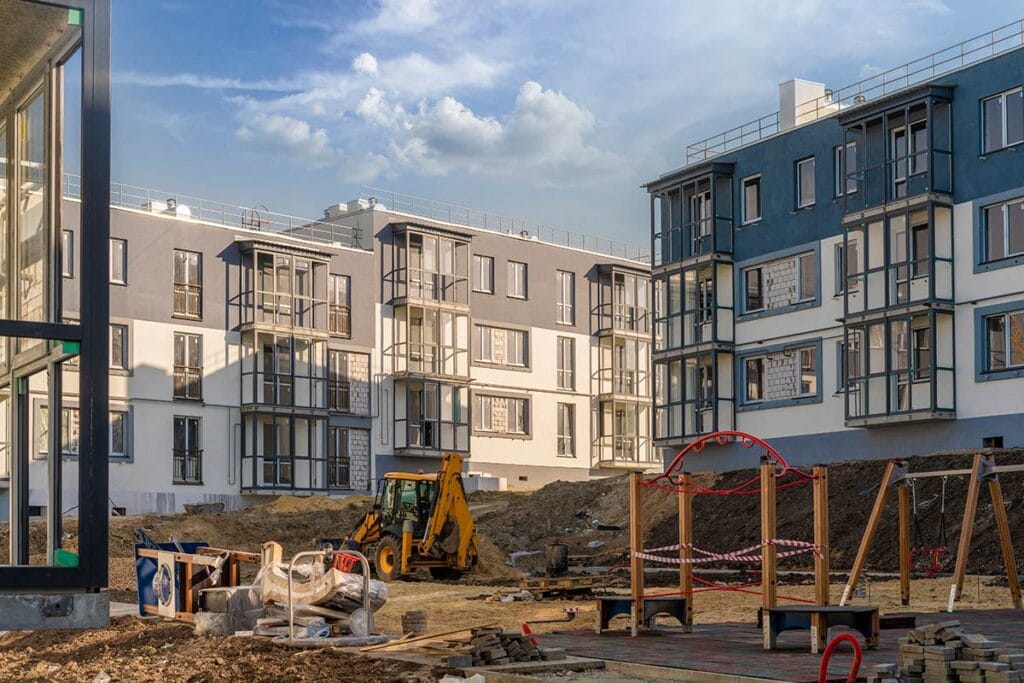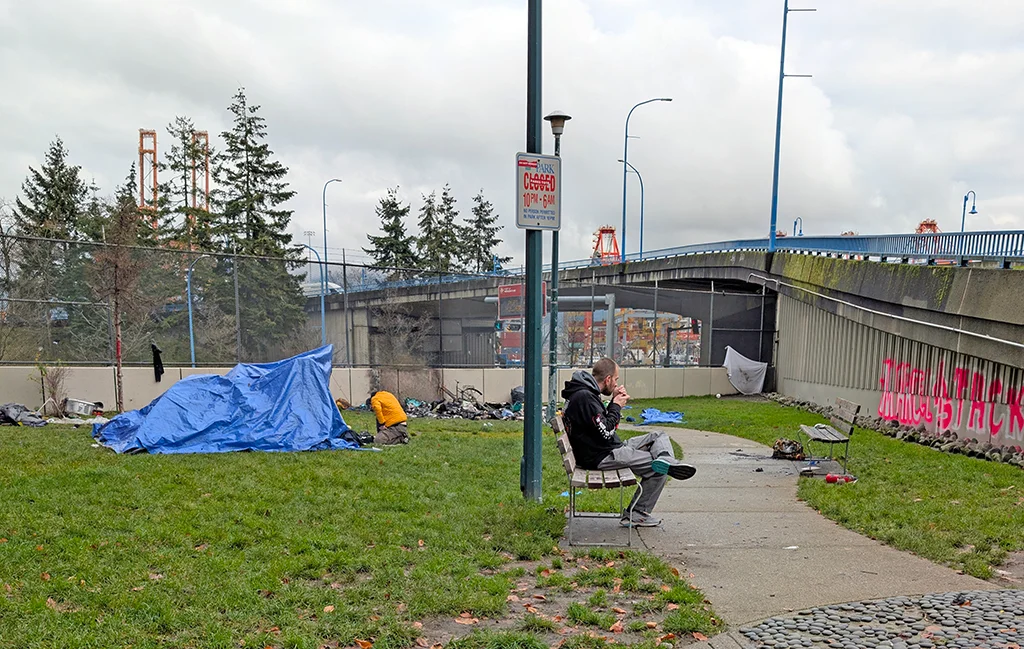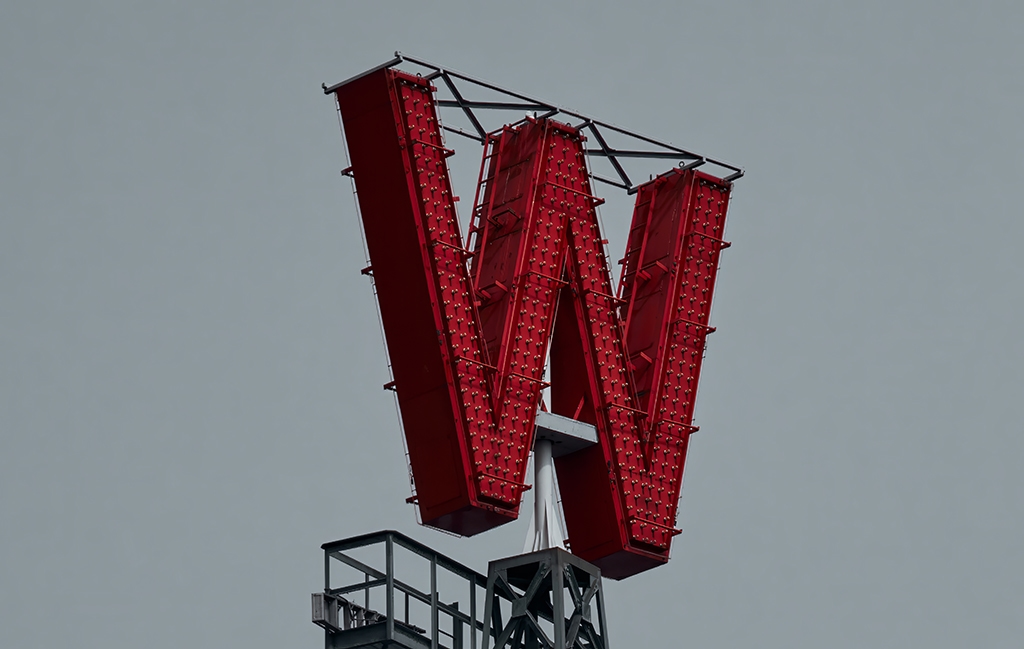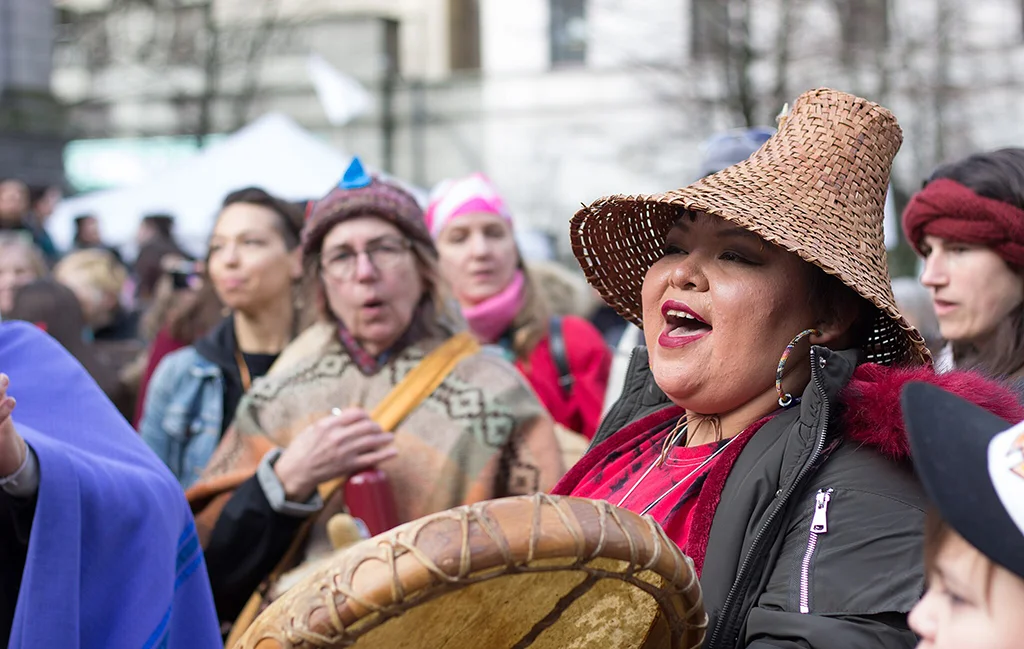As Vancouver continues to face one of the most severe housing crises in Canada, the city has responded with the Vancouver Social Housing Initiative, a comprehensive plan designed to tackle the affordable housing deficit by streamlining the development of social, supportive, and co-operative housing. The initiative aims to simplify zoning regulations, allowing non-profit and government organizations to build much-needed housing without the bureaucratic barriers of rezoning. It represents a bold step toward realizing an equitable housing system that prioritizes those who need it most.
Addressing Vancouver’s Housing Crisis
Vancouver’s housing challenges span across all income levels, but the most vulnerable—those at risk of homelessness—are disproportionately affected. The city’s Housing Vancouver Strategy, first approved in 2017, set ambitious targets to address the growing need for housing across different sectors. It emphasized the creation of 10,000 social, supportive, and non-profit co-operative housing units for low-income residents. Despite these targets, the crisis has deepened, and more urgent action is required.
As of 2024, an updated three-year action plan seeks to proactively zone for social housing in every Vancouver neighbourhood, speeding up the approval of projects and ensuring that affordable housing is built where it’s needed most. The overarching goal is to increase housing diversity, promote income inclusivity, and offer stable living conditions for Vancouver’s most at-risk populations, including those experiencing or at risk of homelessness.
One of the most significant issues driving the housing crisis is affordability. Many Vancouver households are “housing cost burdened”, meaning they spend over 30% of their income on shelter costs. For low-income residents, this threshold is not just a financial strain—it can be the difference between staying housed and becoming homeless. The city’s initiative addresses this by ensuring a significant portion of social housing units are rented to households earning below the Provincial Housing Income Limits (HILs). For example, a family of four would qualify for social housing if their household income is $107,500 or less, with rent capped at $2,687 per month.
Simplified Regulations for Social Housing Development
The heart of the Vancouver Social Housing Initiative lies in its proposal to change the city’s Zoning and Development By-law. Under the current system, most non-market housing projects need to go through an arduous rezoning process, which can take years and significantly delay construction. The initiative’s solution? Streamline approvals for eligible social housing projects, enabling developments of up to 6 storeys in Vancouver’s “Villages” and as tall as 15-18 storeys in the “Neighbourhood Centres” identified by the Vancouver Plan.
By removing rezoning requirements for these projects, the initiative aims to reduce both the cost and time involved in getting social housing built. As a result, non-profits and housing developers will face fewer hurdles and can move forward with construction more quickly. This shift is expected to cut 1-2 years off the current approval process, a crucial time savings given the pressing need for affordable housing.
To qualify for these fast-tracked approvals, projects must meet key criteria. They must ensure at least 30% of units are rented to households earning below the Provincial HILs, and the housing must be owned by a non-profit or government entity. Additionally, all housing developed under this initiative will be secured as social housing for the life of the building, ensuring long-term affordability.
What Is Social Housing? Understanding the Core Components
Social housing, as defined by Vancouver’s Zoning and Development By-law, encompasses supportive housing, co-operative housing, and traditional social housing. The city mandates that at least 30% of units in any social housing project be affordable for households earning at or below the Provincial HILs, with flexibility for deeper affordability over time.
But what differentiates these types of housing?
- Supportive housing is geared toward individuals who may need additional services to maintain stable housing. These services can range from health care and meal programs to employment training and substance use support, all aimed at helping residents regain independence and stability.
- Co-operative housing is a non-market option where residents own a share of the co-op and pay a housing charge that covers the costs of the building’s maintenance and operations. This model fosters a sense of community, with members playing an active role in decision-making.
Vancouver’s initiative will allow both forms of housing to be built without rezoning, making it easier for developers to create mixed-income, mixed-support housing options throughout the city.
Building Diverse and Resilient Communities
One of the key features of the Vancouver Social Housing Initiative is its focus on creating mixed-income communities. Social housing developments built under this initiative won’t just cater to those at the lowest income levels. Instead, they’ll serve a broad spectrum of residents, from individuals transitioning out of homelessness to families and seniors on income assistance, and even moderate-income households who find themselves burdened by Vancouver’s high housing costs.
The city’s goal is to foster inclusive, resilient neighbourhoods where a diverse range of people can live, work, and thrive. By integrating social housing into all of Vancouver’s neighbourhoods, the initiative also seeks to challenge the traditional concentration of affordable housing in certain areas, promoting equitable development across the city. These communities are designed to be close to transit, green spaces, schools, and amenities, ensuring that residents have access to the services they need to lead fulfilling lives.
Projects like the Roddan Lodge and Dogwood Gardens, which offer a mix of supportive and social housing, showcase the potential of these developments. Residents benefit not only from affordable rents but also from the support services and communal environments that help them rebuild their lives.
Downtown Eastside is Ground Zero for Vancouver’s Social Housing Transformation
The Downtown Eastside (DTES) is at the forefront of Vancouver’s housing crisis, making it a critical focus for the Vancouver Social Housing Initiative. Known as one of the most impoverished urban areas in Canada, the DTES is home to thousands of vulnerable residents who experience chronic homelessness, mental health challenges, and substance use issues. As such, the city’s new housing initiative is designed with a particular emphasis on transforming this area through targeted social housing projects that address both the immediate need for shelter and the long-term need for community support.
Vancouver’s social housing strategy in the DTES is not just about increasing the supply of affordable units—it’s about reshaping the neighbourhood in a way that fosters stability, safety, and inclusivity for its residents. The initiative incorporates a multi-faceted approach, ensuring that new housing developments are integrated with services that meet the complex needs of the community.
One of the most significant elements of the initiative is the focus on supportive housing in the DTES. Supportive housing provides not just shelter but also essential services such as mental health care, addiction treatment, and life skills training. This type of housing is critical for residents who need ongoing assistance to stabilize their lives and transition out of chronic homelessness.
In the DTES, supportive housing projects have already demonstrated their potential to create positive change. Developments such as Nora Hendrix Place, which offers permanent housing with on-site support services, have provided stability for residents who previously faced housing insecurity. By expanding such initiatives, the new plan will offer even more housing solutions for those most at risk in the DTES.
The initiative aligns with Vancouver’s broader Reconciliation Framework, ensuring that Indigenous voices are included in the planning and development of new housing projects. By consulting with Indigenous community leaders and organizations, Vancouver aims to create housing that honors the cultural heritage of Indigenous residents while addressing their unique housing needs. This includes offering specialized support services tailored to Indigenous peoples, many of whom have been disproportionately affected by homelessness in the DTES.
In addition to supportive housing, the city is committed to providing affordable housing options for a diverse range of residents in the DTES, including low-income families, seniors, and individuals with disabilities. The integration of social housing into the DTES is designed to foster a sense of community while reducing the socio-economic divides that have historically marginalized many of its residents.
The Financial Viability of Social Housing
One of the most persistent challenges in building social housing is ensuring its financial viability. Social housing developments rely heavily on government subsidies to remain affordable. These subsidies can take the form of low-cost loans, capital grants, and ongoing operating subsidies. In many cases, non-profit housing providers also engage in their own fundraising efforts to supplement government funding.
The Vancouver Social Housing Initiative recognizes this challenge and addresses it by aligning its zoning changes with provincial and federal funding opportunities. By streamlining the approval process and reducing development costs, the initiative makes it easier for non-profits to access senior government funding, thereby reducing the financial risk associated with building affordable housing.
The city’s strategy also allows for mixed-income buildings, where a portion of units are rented at market or near-market rates. This model helps offset the costs of lower-rent units, making projects more sustainable in the long term. Over time, as mortgages are paid off, rents in these buildings can become even more affordable, ensuring that the housing remains accessible for future generations.
Vancouver’s Commitment to Tenant Protection and Rehousing
As Vancouver works to expand its social housing stock, it remains committed to protecting current tenants of non-market housing. The city’s Tenant Relocation and Protection Policy ensures that residents are supported through the process of redevelopment and rehousing. Under the policy, developers must provide a Tenant Relocation Plan that guarantees:
- Permanent rehousing options that minimize disruption.
- Affordability for existing residents by providing a suitable replacement home at a cost they can afford.
- Support services, such as moving expenses and consideration of special circumstances.
- Clear communication and engagement with residents throughout the process.
This policy reflects Vancouver’s broader commitment to ensuring that the expansion of affordable housing does not come at the expense of existing residents, particularly those in vulnerable situations.
Transforming Vancouver’s Housing Landscape
As the city faces an increasingly urgent housing crisis, the Vancouver Social Housing Initiative offers a path forward. By streamlining the development of social housing and ensuring its integration into every neighbourhood, Vancouver is taking meaningful steps toward creating an equitable and inclusive housing system.
While the initiative will not solve the housing crisis overnight, it represents a critical shift in how the city approaches housing development. By removing bureaucratic barriers, supporting non-profits, and prioritizing affordability, Vancouver is working to address the needs of its most vulnerable residents while fostering diverse, vibrant communities across the city.
The road ahead will require continued collaboration between all levels of government, non-profit organizations, and the communities that these developments will serve. But with the Social Housing Initiative leading the way, Vancouver is on course to reshape its housing landscape and offer a more secure future for those who need it most.
The first public engagement phase for the Vancouver Social Housing Initiative has now concluded, running from September 18 to October 22, 2024. The city is currently compiling feedback from residents and stakeholders, making necessary policy revisions based on the input received. A public update is expected in Q1 2025, with the revised proposal set to be presented to City Council for a final decision in late Q2 2025.
For more information on the initiative, visit Shape Your City Vancouver.
Denise is a long-time advocate for affordable and dignified housing in the Downtown Eastside. Having lived in SROs and volunteered in homeless shelters, she brings a personal understanding of the housing crisis and its impact on the community. Her work reflects years of lived experience, frontline work, and commitment to creating better living conditions for DTES residents.







Leave a Comment